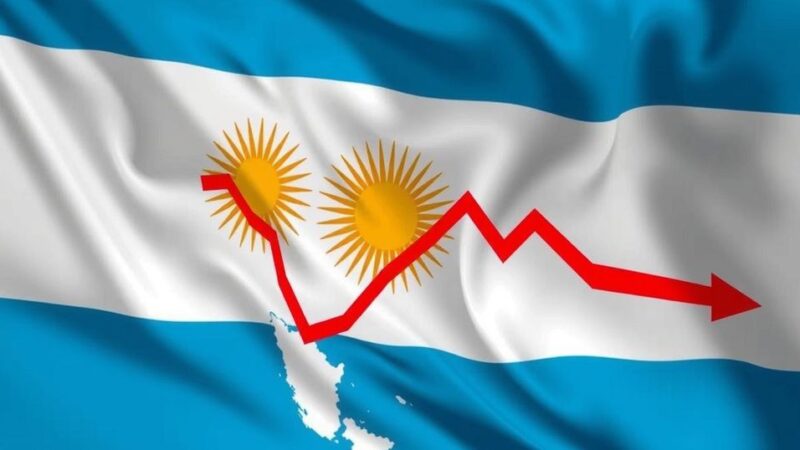Bangladesh has initiated a major diplomatic reshuffle, recalling its envoys, including the Indian representative, amid political turmoil following Prime Minister Sheikh Hasina’s resignation. The unrest has resulted in over 700 deaths and raised concerns regarding violence against minority groups, straining Bangladesh’s ties with India.
In a significant diplomatic overhaul, Bangladesh has recalled several envoys, including Mustafizur Rahman, the Indian representative, following a series of political upheavals marked by violent protests against Prime Minister Sheikh Hasina. The recall directive, issued by the Foreign Ministry, affects diplomats stationed in various global capitals such as Brussels, Canberra, Lisbon, New Delhi, and at the permanent mission to the United Nations in New York, compelling them to return to Dhaka and hand over their duties promptly. This diplomatic shift follows the earlier recall of Saida Muna Tasneem, Bangladesh’s High Commissioner to the United Kingdom, as part of a broader reassessment of the country’s foreign service amidst rising tensions with neighboring India. The ongoing unrest, which precipitated the resignation and subsequent exile of the Prime Minister on August 5, has resulted in more than 700 fatalities due to the student-led protests that forced her out. This turbulent situation has not only strained Bangladesh’s relations with India, which shares a 4,000-kilometer border with Bangladesh, but has also raised concerns regarding the safety of minority groups amid allegations of increased violence against Hindus post-political turmoil, although the government contends that the motivations are political rather than religious. The comprehensive shakeup in the diplomatic arena underscores the urgency with which Bangladesh is attempting to stabilize its international relations following significant internal strife. As the country navigates this precarious landscape, the implications for foreign relations, particularly with India, could be profound and warrant close observation.
The political climate in Bangladesh has recently undergone a drastic transformation following weeks of protests which culminated in the resignation of Prime Minister Sheikh Hasina. This unrest was characterized by violent demonstrations primarily led by students, and the political upheaval has resulted in substantial casualties, with over 700 persons reportedly dead. The protests and subsequent shift in power have strained the relationship between Bangladesh and India, key neighbors with extensive shared borders and maritime boundaries. Amidst this chaos, minority communities, particularly Hindus, have claimed increased attacks against them, leading to further tension and unrest in Bangladesh. The recalls of prominent diplomats, including an Indian envoy, are reflective of the country’s need to reassess its foreign relations and diplomatic strategies in light of recent events.
The recall of envoys by Bangladesh signals a critical shift in the nation’s diplomatic strategy as it grapples with the fallout from political unrest that has necessitated significant changes in its leadership. The operational implications for Bangladesh’s international relations, particularly with India, are profound, potentially influencing future diplomatic engagements across the region. The situation remains fluid, with ongoing concerns for internal stability, the safety of minority communities, and the overarching bilateral relations with neighboring countries.
Original Source: m.economictimes.com







